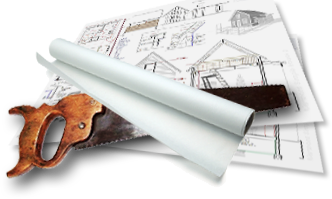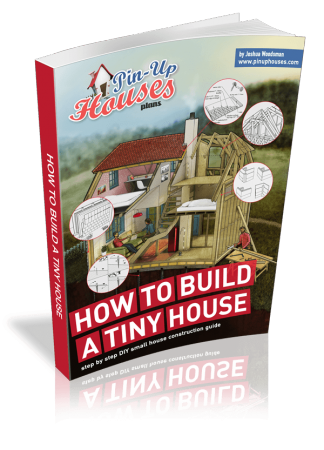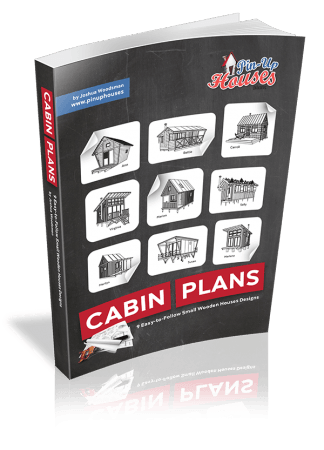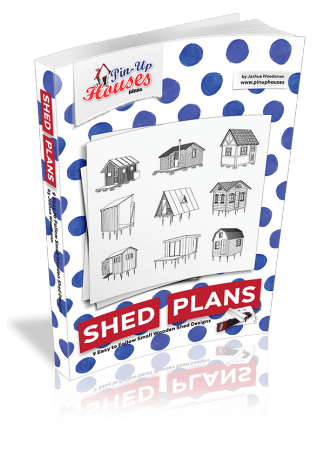Home closing is an essential part of the real estate process, marking the end of the homebuying journey. While it’s an exciting time, it can also be costly due to various fees and expenses. Fortunately, there are strategies to help lower these costs and save homebuyers money. This article will outline seven practical tips for reducing the financial burden associated with closing on a house.
1. Shop Around for the Best Mortgage Rates
One of the most significant ways to lower Affordable-Closing costs is by securing the most competitive mortgage rates. Start by comparing quotes from multiple lenders to understand the current market rates. Consider working with a mortgage broker who can help you navigate the process and negotiate on your behalf. Look for lenders that offer incentives for first-time homebuyers or those with excellent credit scores. By securing a lower interest rate, you can save thousands of dollars over the life of your loan.
2. Negotiate Closing Costs with the Seller
Some closing costs can be negotiated with the seller, such as title insurance, transfer taxes, and home warranties. In a buyer’s market, you may have more leverage to ask the seller to cover some of these expenses. Additionally, if the seller is motivated to sell quickly, they might be willing to contribute more to closing costs to facilitate a swift transaction. Carefully review the sales contract to identify potential areas for negotiation.
3. Choose the Right Closing Date
Timing is crucial when it comes to closing costs. If you can time your closing at the end of the month, you might be able to reduce prepaid interest and property taxes. Discuss with your lender the implications of different closing dates and how it might affect your bottom line.
4. Opt for a No-Closing-Cost Mortgage
While it may seem counterintuitive, some lenders offer no-closing-cost mortgages, which roll the closing fees into the loan amount or charge a higher interest rate. This option can be beneficial for buyers who are short on cash upfront but are comfortable with slightly higher monthly payments. However, it’s essential to understand the long-term financial implications of this choice and weigh the pros and cons.
5. Consider Discount Points
Discount points are a way to buy down your interest rate by paying more upfront. Each point typically equals 1% of the loan amount and can lower your interest rate by about 0.25%. While this requires more cash at closing, it can result in significant savings over the life of your mortgage. Calculate the break-even point to determine if purchasing points is a cost-effective strategy for your situation.
6. Ask for a Lender Credit
Lender credits are another way to reduce closing costs. These are funds provided by the lender that can be applied to your closing expenses in exchange for a slightly higher interest rate. This option can be particularly useful if you don’t have enough cash on hand to cover closing costs and plan to stay in the home long enough to recoup the additional interest paid.
7. Seek Out Assistance Programs
Various government and non-profit programs offer assistance to homebuyers with closing costs. These programs are often targeted at first-time buyers, low- to moderate-income households, and those purchasing in specific areas. Research local and state programs, as well as those offered by the Federal Housing Administration (FHA), the Department of Veterans Affairs (VA), and the U.S. Department of Agriculture (USDA).
Closing on a home doesn’t have to be a financial nightmare. By following these seven tips, homebuyers can significantly lower their closing costs. Remember to be proactive in shopping around for the best mortgage rates, negotiate with the seller, understand the implications of your closing date, and explore all financing options and assistance programs available to you. With careful planning and preparation, you can ensure a smoother closing process and start your homeownership journey on the right foot.








